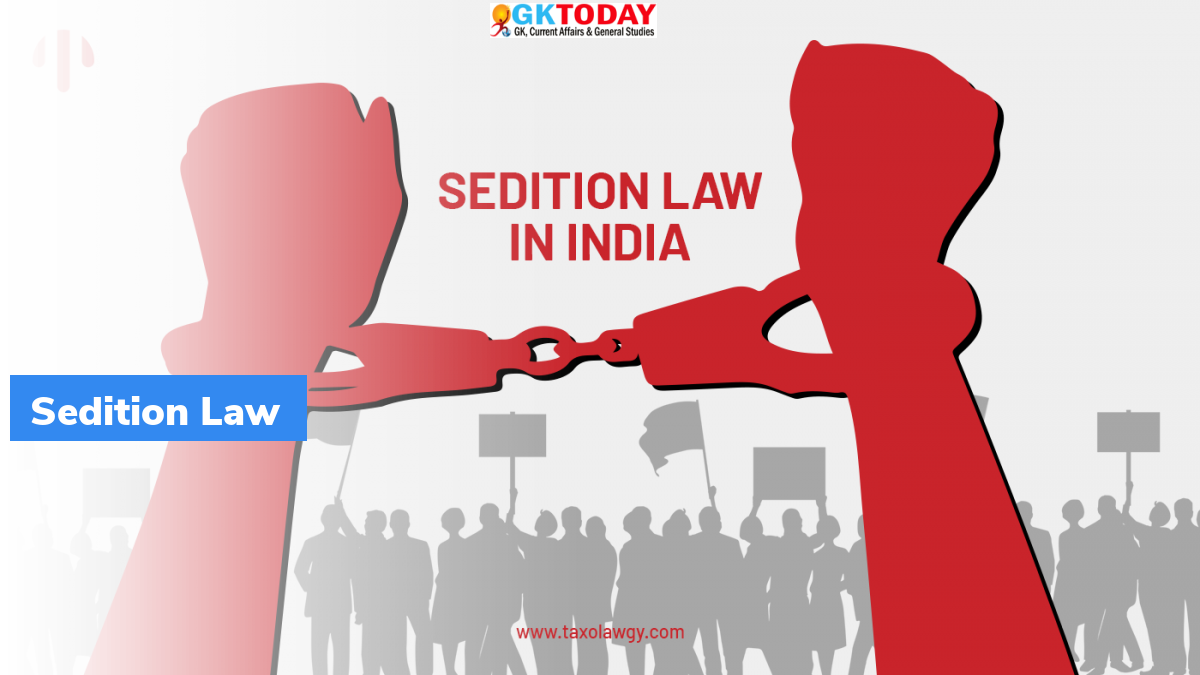Law Commission’s Report on Sedition Law
The Law Commission of India has recently proposed key amendments to the law of sedition, aiming to prevent alleged misuse while ensuring clarity and safeguarding constitutional rights. Let’s delve into the details of these proposed changes and their potential impact.
Background
Under the guidance of Ritu Raj Awasthi, the former Chief Justice of Karnataka High Court, the Law Commission of India has been entrusted with addressing concerns related to the law of sedition. The issue was referred to the Commission by the home ministry in 2016, sparking a comprehensive review of the existing provisions.
Understanding the Current Law
Section 124A of the Indian Penal Code (IPC) currently defines sedition as a crime punishable by life imprisonment or imprisonment of up to three years, along with a fine. This provision has faced criticism for granting courts wide discretionary powers in determining the severity of punishment, potentially leading to arbitrary decisions.
Supreme Court Intervention
Last year, in response to concerns about potential misuse of the sedition law, the Supreme Court temporarily stayed its operation. Former Chief Justice of India, N V Ramana, expressed apprehensions regarding the law’s application. However, in 1962, the Supreme Court’s landmark ruling in the Kedarnath Singh case upheld the constitutional validity of Section 124A, narrowing its scope to those who incite violence.
Proposed Amendments for Clarity
To address the ambiguities surrounding sedition, the Law Commission recommends incorporating the ratio decidendi of the Kedarnath Singh ruling. This inclusion would bring greater clarity to the interpretation and application of the provision. By doing so, the proposed amendments aim to strike a balance between safeguarding fundamental rights and maintaining social harmony.
Punishment Parity and Safeguards
The Commission further suggests amending the punishment under Section 124A to ensure parity with other offenses under Chapter VI of the IPC. This move would help avoid discrepancies in the severity of punishments handed down for similar offenses. Additionally, to curb potential misuse, the Commission advocates for the issuance of model guidelines by the Central Government, providing a framework to prevent arbitrary use of the sedition law.
Procedural Safeguards
Incorporating a provision analogous to Section 196(3) of the Code of Criminal Procedure (CrPC) is also recommended as a procedural safeguard. This provision would introduce necessary checks and balances before the filing of a First Information Report (FIR) concerning an offense under Section 124A of the IPC.
Month: Current Affairs - June, 2023
Category: Legal & Constitution Current Affairs


